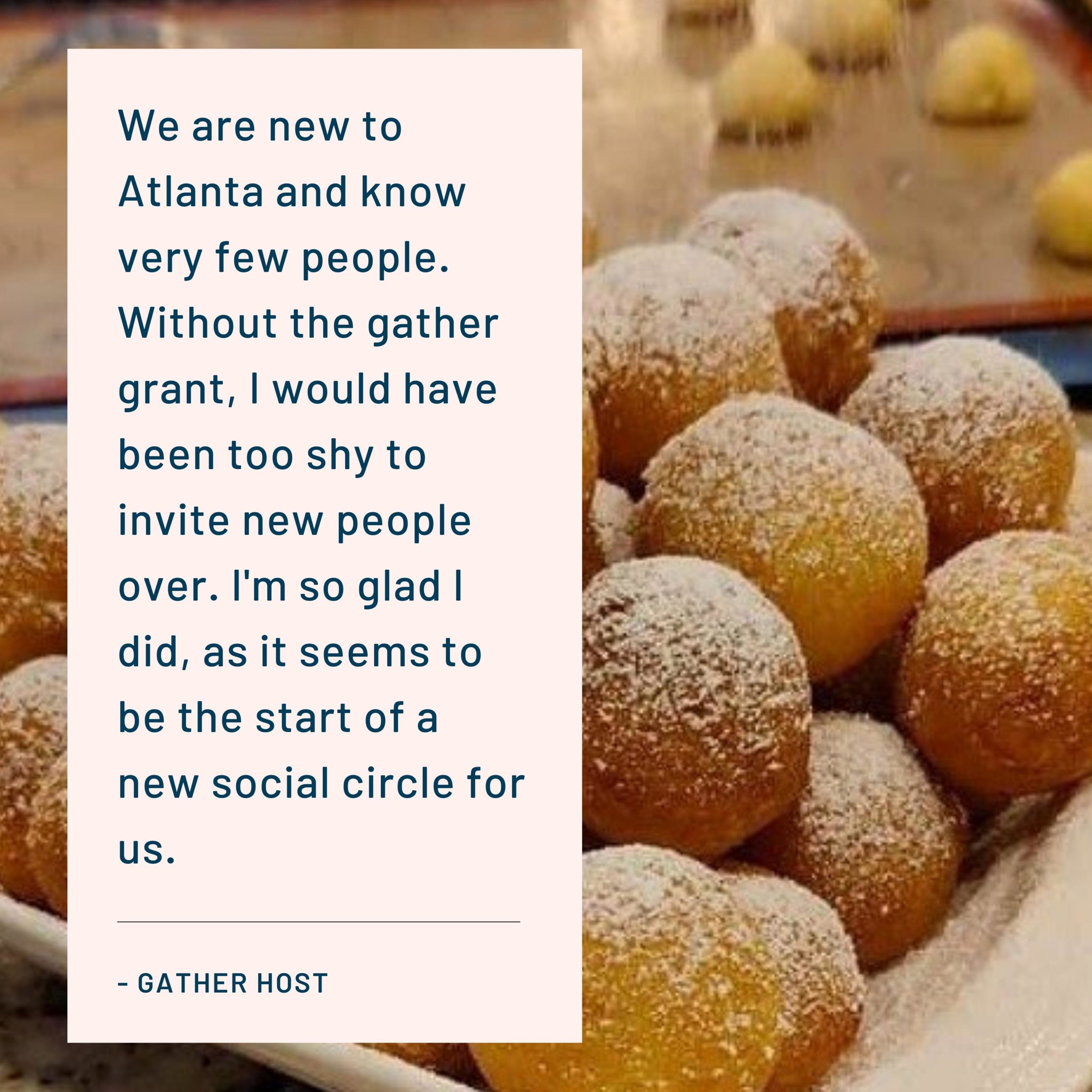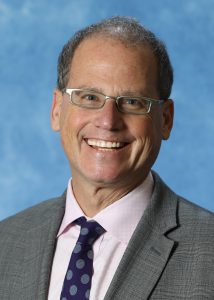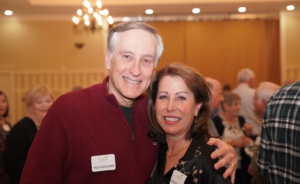
The name Soleil at Laurel Canyon has a bit of a California ring to it, but actually it’s a 55+ residential community in Canton, GA.You might be surprised to learn that 110 out of 900 residents at Soleil are living in Jewish households, most of whom moved from all over the U.S. to be closer to their grandchildren and adult children. (Federation identified this trend in its last Community Study). You probably won’t be surprised to learn that Soleil’s Jewish residents launched a vibrant Jewish group called the Shalom Club, back in 2016. It is open to anyone in the community who has an interest in Jewish heritage and currently has 92 members!
Federation’s Relational Engagement Manager, Carla Birnbaum recently “discovered” the Shalom Club and its lively President Marvin Polikov. “They’ve truly made a Jewish place at Soleil, and Federation’s Making Jewish Places grant has supported several of their programs. Most recently club members came downtown to tour The Breman Museum’s History with Chutzpah exhibit”
Sure, some folks play mah jonng at Soleil, after all, most of them are retired. They love to look at life through a Jewish lens. The club had a virtual second night Passover seder. They built a sukkah for Sukkot. They baked hamantaschen for Purim. They decorated Soleil’s public spaces for Hanukkah. There is a Yiddish group, a genealogy group, a current events group, a book and movie group, and a Lunch Out group for meeting, eating, and conversation.
Many Soleil residents were synagogue members in their former communities, but for many, the Shalom Club gives them new ways to continue to engage Jewishly.
Marvin Polikov’s wife Sheila commented, Marvin and I were born and raised in Omaha, Nebraska where we were very active in many Jewish organizations such as the JCC preschool, B’nai Brith, ORT, Council of Jewish Women, and our synagogue.”
We moved to Georgia from the Midwest three years ago, mainly because two of our sons moved to Atlanta after they graduated college. They are both married, joined a Temple, and gave us five grandchildren. One of our granddaughters just celebrated her bat mitzvah. We love that Soleil has a viable Jewish community with the Shalom Club offering many educational activities and celebrations of all the Jewish holidays. Marvin and I have made many new friends because of the Shalom Club and have continued our involvement in our new community as we did in Omaha.”
Roberta B already lived in Atlanta but still found the move to Canton an adjustment. Moving to Soleil was a big life change. We didn’t know anyone here. And we were the only Jewish family in our section. I met several Jewish people through other friends from my previous neighborhood and from my teaching days in a Jewish day school here in Atlanta. When the Shalom Club was started, I became involved with activities and was on the original board for three years. I have made many wonderful friends through the Shalom Club. Many of us are originally from New York and even though we all have different backstories our Jewish faith gives us a common bond”
Ex-New Yorkers, Sunny L. and Arlene Z explain why they’ve joined. “We want to be a part of a Jewish organization. There is a strong camaraderie between Soleil residents and a stronger bond among other Shalom Club members. Living here in Georgia, and being Jewish, is not an easy combination. Things are very different here. A feeling of belonging motivates participation. Celebrating Holidays with others is just wonderful.”
These Shalom Club members are Jewish ambassadors. Rodney B.said, “What I value most is that the Shalom Club of Soleil provides a means for its Jewish residents, and non-Jewish residents who wish to belong, to gather, socialize, celebrate our heritage, and share our life experiences with one another.”
Birnbaum agrees. “The people I’ve met who live at Soleil are enthusiastic, confident Jews, who continuously create ways to engage in their faith. We can learn so much from them and I can’t wait to see what they plan next!” Contact Marvin Polikov to learn more about the Shalom Club.




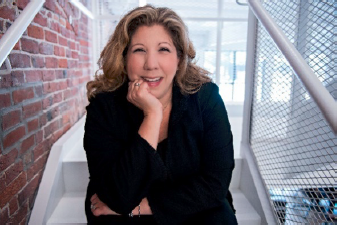
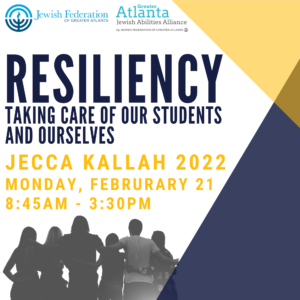

 Did you know your high school student doesn’t have to start college right after completing high school? In fact, taking a year-long break between high school and college — known as a gap year — often contributes to a boost in performance when students enter college. Students who participate in gap year programs, whether academic, travel-focused, or service-focused, frequently become more mature, self-reliant, independent, and college-ready than students who go directly to college. (Read more about the
Did you know your high school student doesn’t have to start college right after completing high school? In fact, taking a year-long break between high school and college — known as a gap year — often contributes to a boost in performance when students enter college. Students who participate in gap year programs, whether academic, travel-focused, or service-focused, frequently become more mature, self-reliant, independent, and college-ready than students who go directly to college. (Read more about the 